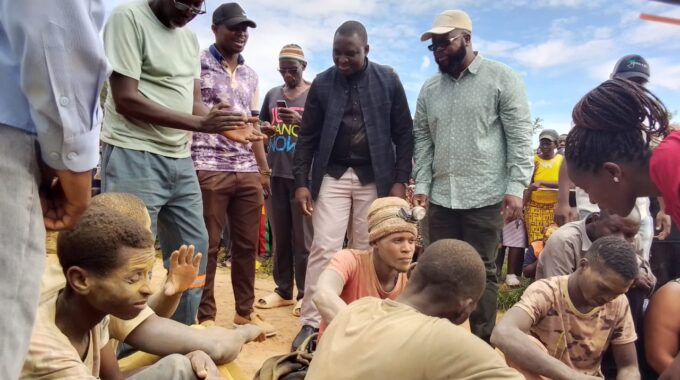
Rescue Effort Saves Trapped Miners at Redwing Mine in Zimbabwe
In a remarkable display of bravery and perseverance, rescuers successfully extracted all 15 subsistence mine workers who were trapped underground in a collapsed shaft at…

In a remarkable display of bravery and perseverance, rescuers successfully extracted all 15 subsistence mine workers who were trapped underground in a collapsed shaft at…
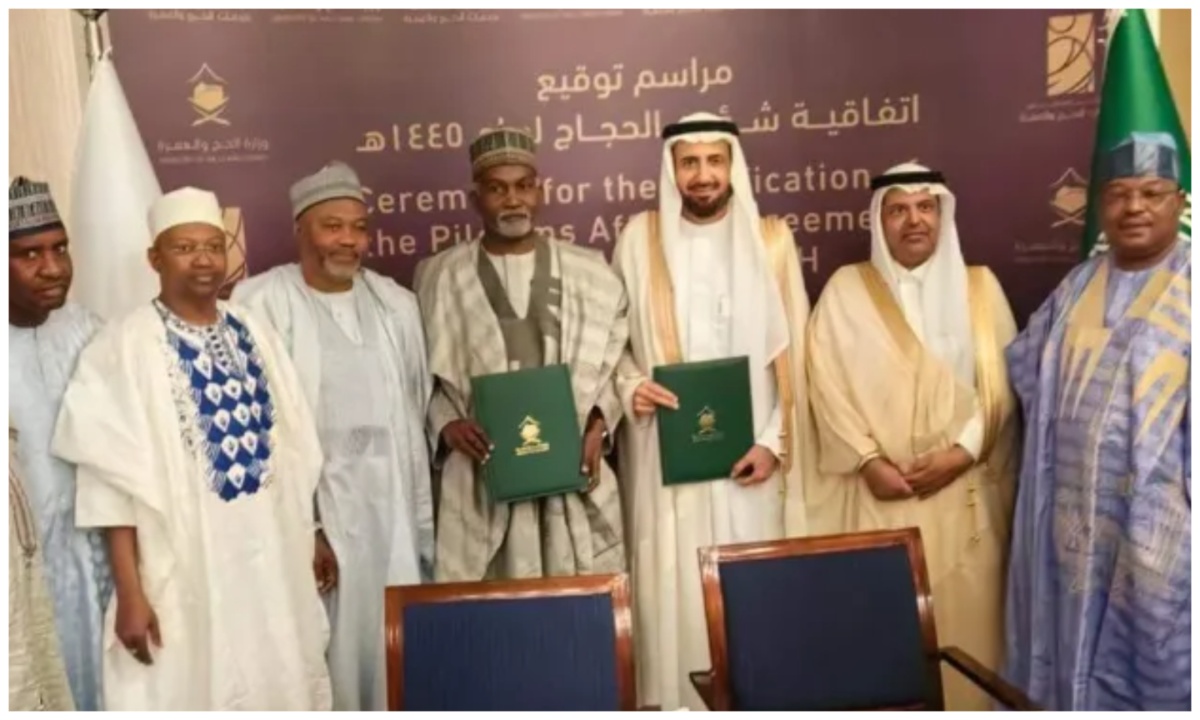
In a significant development, Nigeria has signed a Memorandum of Understanding (MoU) with Saudi Arabian authorities to ensure the seamless and well-organized execution of the…
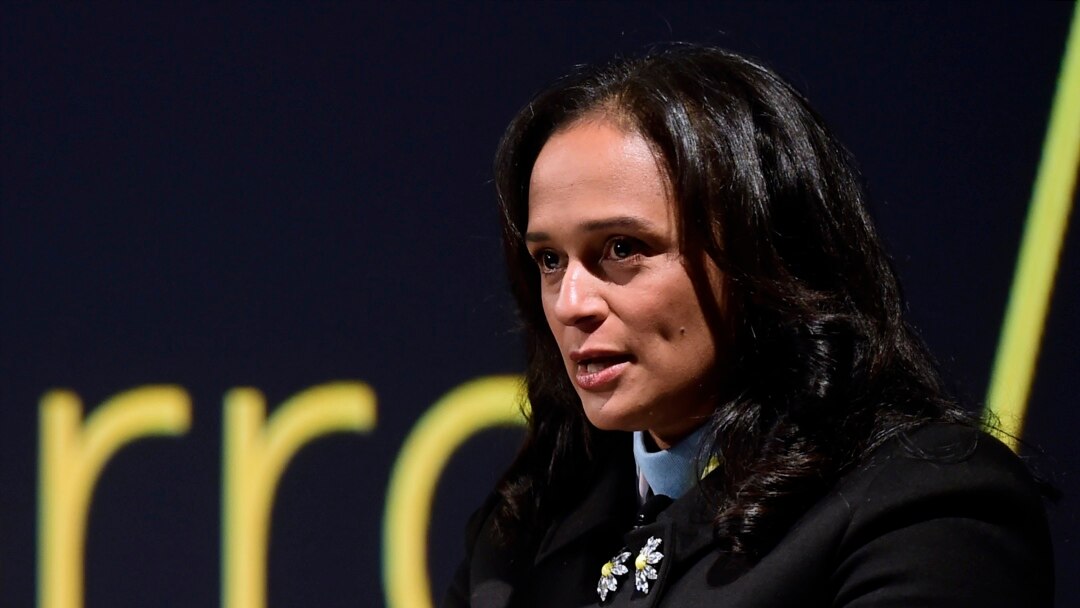
Isabel dos Santos, an Angolan billionaire who has been widely regarded as Africa’s wealthiest woman, has suffered a legal setback in the High Court as…

The sentencing date for 41-year-old South African woman, Lauren Dickason, who was convicted of murdering her three daughters in September 2020, has been delayed until…
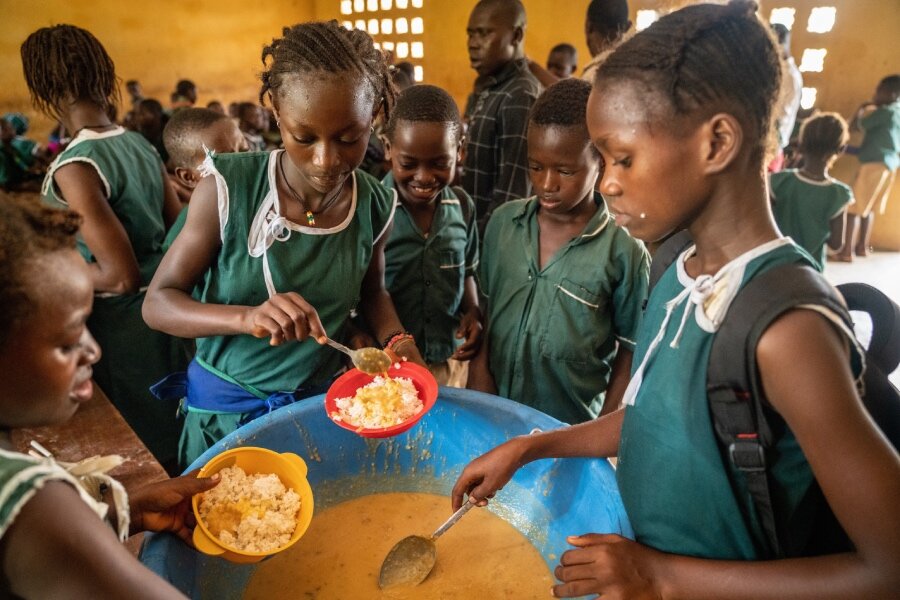
The Federal Republic of Germany has pledged a generous donation of €10 million to the United Nations World Food Programme (WFP) to support the provision…
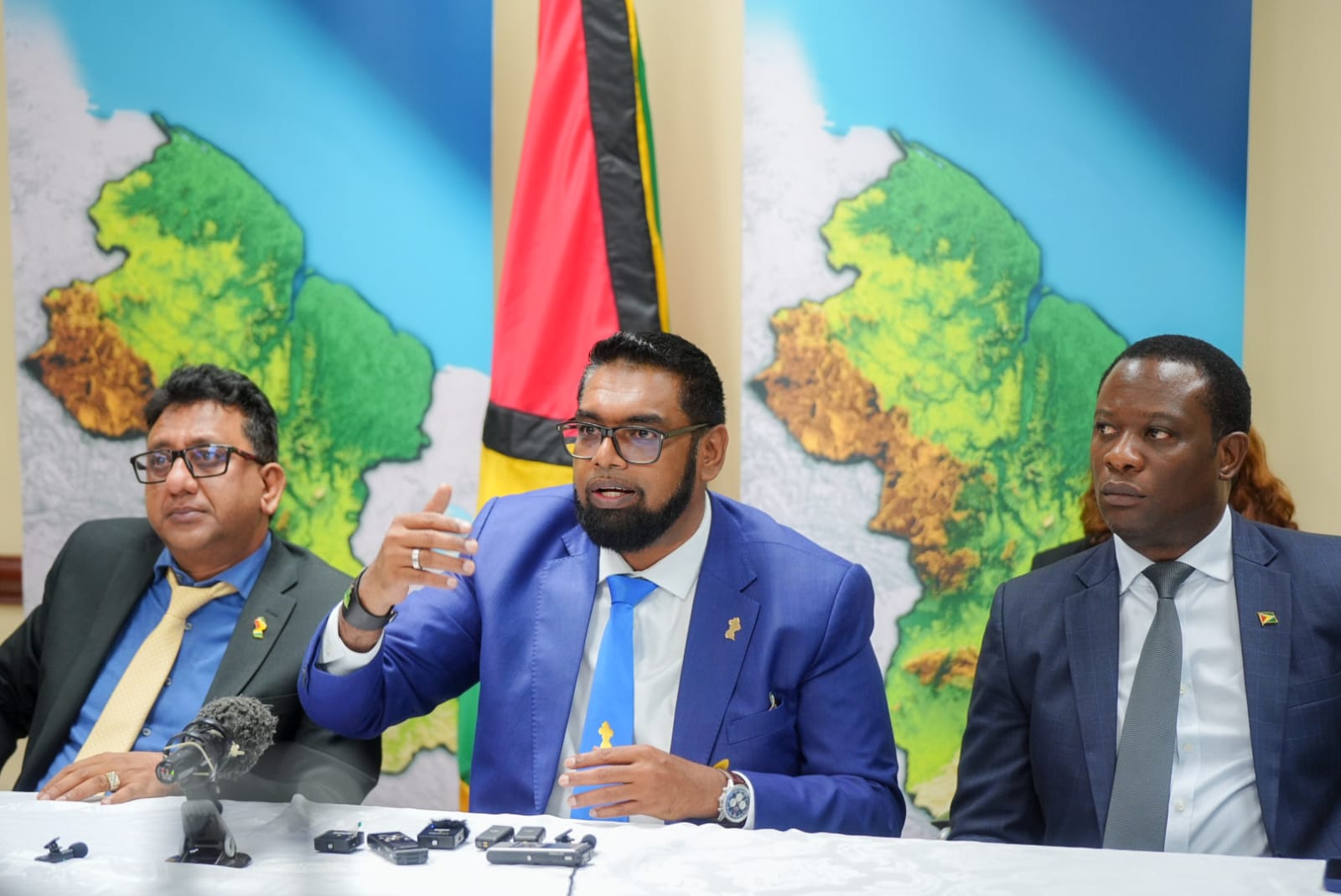
President Dr. Irfaan Ali of Guyana recently met with David Rutley, the United Kingdom’s Under Secretary of State at the Foreign, Commonwealth, and Development Office…
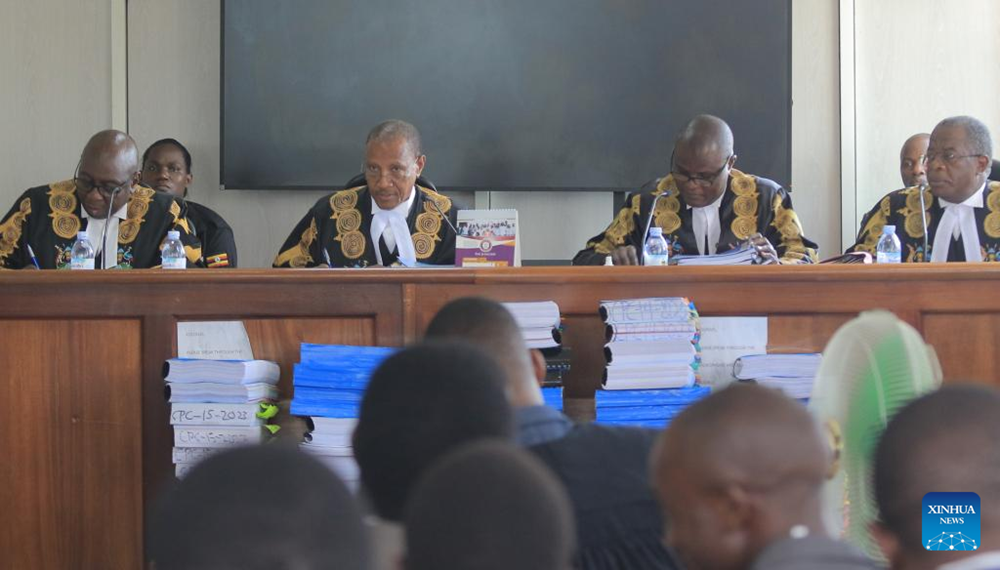
Uganda’s controversial Anti-Homosexuality Act, which has sparked global outrage and condemnation, is now being challenged in the country’s Constitutional Court. The law, enacted in May,…
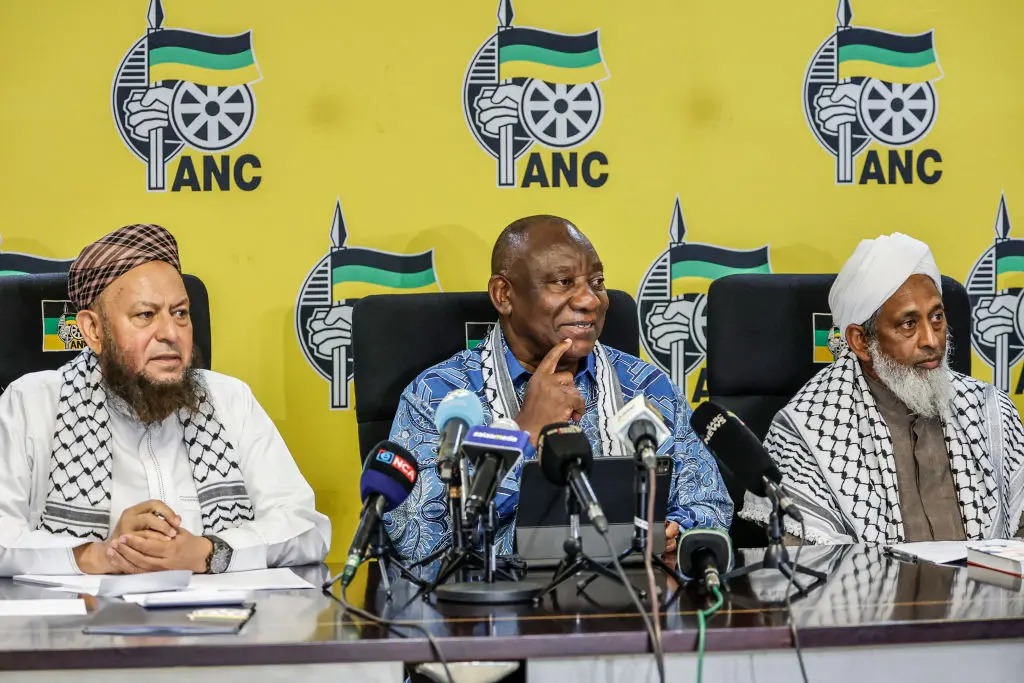
South Africans fighting for Israel in Gaza could face prosecution at home, the government warned Monday, as President Cyril Ramaphosa once again denounced the conflict…
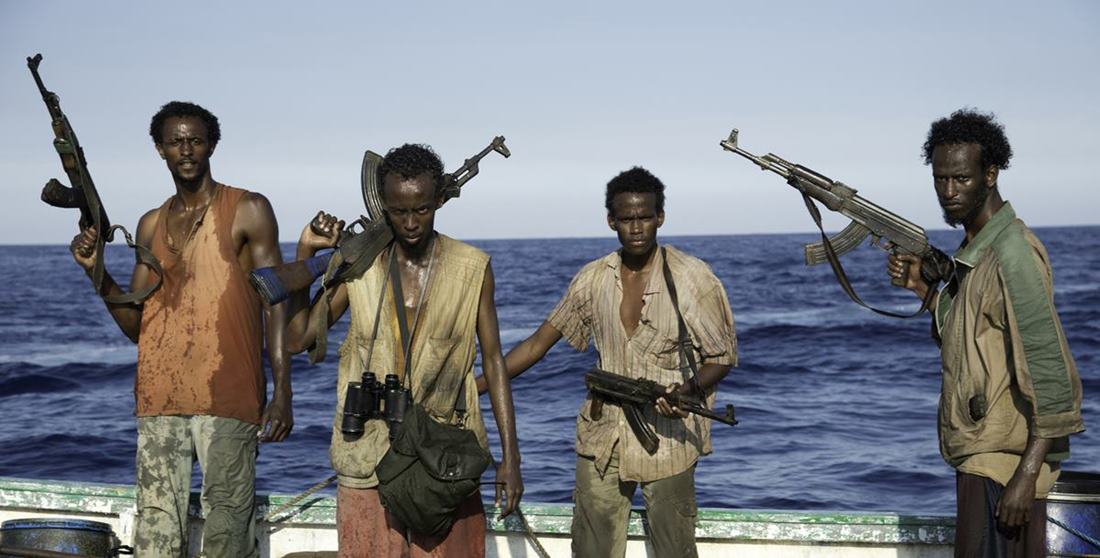
A Maltese-flagged bulk carrier, MV Ruen, has been hijacked by Somali pirates and is currently heading towards Yemen, sparking fears of a potential collaboration between…
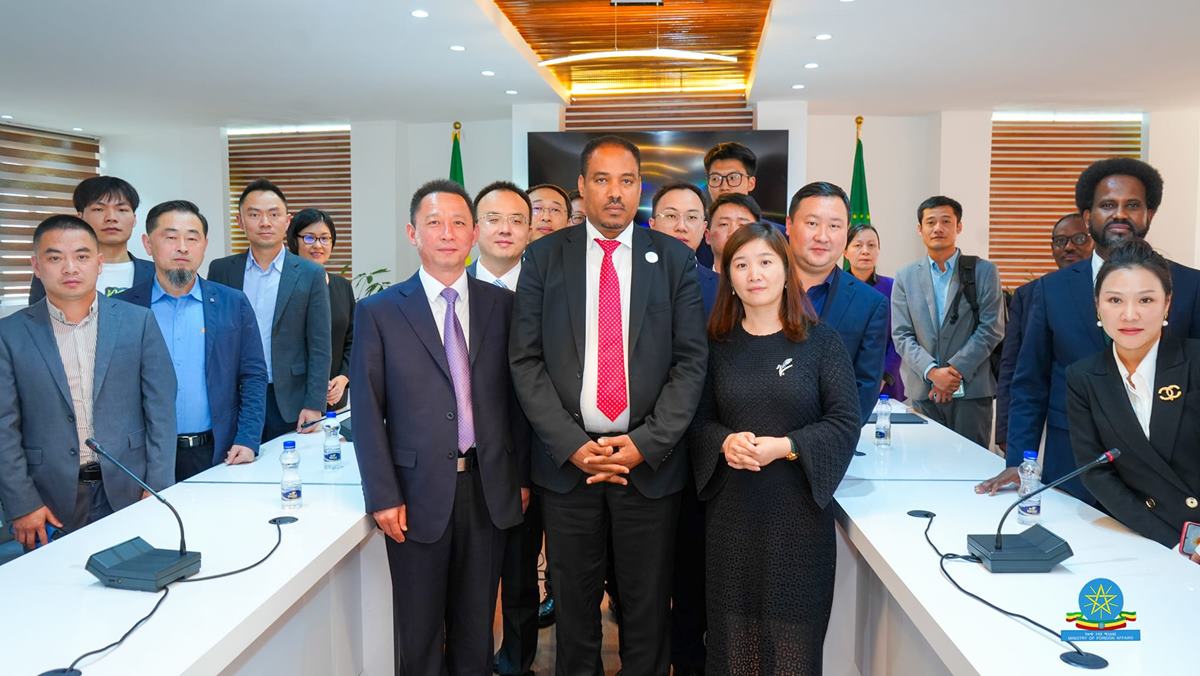
In a bid to strengthen bilateral trade ties and capitalize on the growing demand in the Chinese market, Ethiopia has unveiled an ambitious plan to…
Support the growth of our platform by purchasing our merch.
When artistes submit their music on our website, we encourage their audience to engage with these submissions by using the like or dislike buttons. These ratings play a key role in helping us identify high-quality content that resonates with our listeners. Our dedicated team carefully considers user ratings and preferences, handpicking exceptional submissions for special recognition. The rating system operates through the use of browser cookies, making these ratings unique to individual browser users. This means that each user's likes and dislikes are stored in their browser's cookies, allowing us to gather accurate and personalised feedback. As part of our commitment to supporting talent, we occasionally offer free unbiased airplay to these chosen artistes. This opportunity allows them to reach a wider audience and gain valuable exposure within the music scene. By tapping into the power of our listeners' ratings, we aim to create a community-driven platform that uplifts and celebrates the best in music.